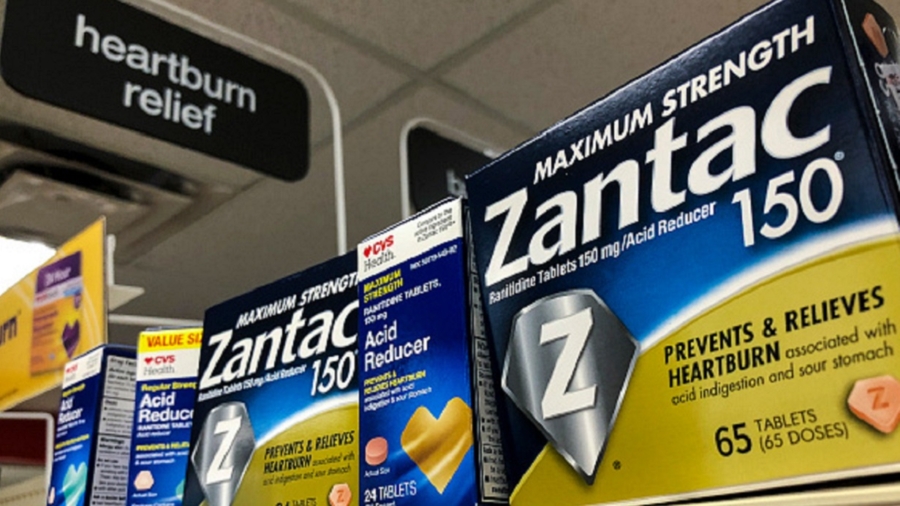The popular heartburn medication, Zantac, was recalled back in Sept. 2019 when the U.S. Food and Drug Administration (FDA) found that the drug contains nitrosamine impurity in low-levels, according to a statement made by the FDA. The impurity, which is called N-nitrosodimethylamine (NDMA), is linked to an alleged carcinogen that could cause cancer, according to lab tests conducted by a California lab. It has found the impurity in some ranitidine medicines, of which Zantac is the most well known.
There was a voluntary recall of Zantac and any over the counter, generic versions by Sanofi, a healthcare company and pharmaceutical company, according to the press release issued by the company. After the FDA issued its findings on Sept. 13, 2019, regarding NDMA found in the drug, the company began conducting research and investigation into the drug. The company stated the investigation would be going towards testing both the drug substance as well as the finalized product, which is Zantac.
“Due to inconsistencies in preliminary test results of the active ingredient used in the United States and Canadian products, Sanofi decided to conduct the voluntary recall in the United States and Canada as the investigation continues,” a news release issued by Sanofi read.
Emery Pharma, a lab located in California, in a study of the drug, found that Ranitidine—the generic form of Zantac—is a “Time-and temperature-sensitive pharmaceutical product (TTSPP).” This product will develop, when heated, the carcinogen NDMA, according to a news release issued by Emery Pharma.
Ron Najafi, the CEO of Emery Pharma, said in the news release that even the slightest bit of exposure to heat for drugs containing Ranitidine, such as being a hot car or in a delivery truck, could cause problems.
In an interview with CBS News, Ron Najafi, a chemist at Emery Pharma, told the news outlet that his lab saw the effect of heat in producing the NDMA. They found that ranitidine generated around 25 nanograms of NDMA, which is lower than the acceptable daily amount of the substance set by the FDA—96 nanogram. However, when the ranitidine was heated to 158 degrees, the amount of NDMA generated rose up to 142 nanograms, well above the acceptable daily amount.
“So if someone were to keep their ranitidine, Zantac, in their car for example and in the middle of summertime, that product is going to get heated up, and it’s going to generate this compound. So NDMA, in this case … is not an impurity in the drug, it’s being formed from the drug itself,” Ron Najafi said.
There are still some unanswered questions, according to CBS News. The news outlet reported that Janet Woodcock, who heads up drug evaluation and research at the FDA said that while “It does appear when ranitidine is heated significantly that there is conversion into some NDMA can form, however, these are pretty high temperatures, so the question about whether ranitidine would need to be kept cold to keep it from converting, is something that still hasn’t been answered,”
Since the company is only conducting a voluntary recall, this meant that the product may still be on shelves, according to CBS News.
Emery Pharma filed a citizen petition to the FDA regarding the drug, according to the news release issued by the California lab.
In the call to suspend all sales of products containing Ranitidine as per the citizen petition, Emery Pharma also stated that there would be many means for drugs containing Ranitidine to become exposed to heat. Products being shipped are not stored in temperature-controlled environments or storage. So more tests and testing is required of this drug before any future sales.
The Zantac company posted a statement on its website, stating that a voluntary recall is being conducted. Zantac and Sanofi said they prioritize the safety and quality of their products, and that any new information will be shared with customers and patients as soon as they are available, as the companies stated that they wished to be transparency for people using the drug.
Sanofi wrote its press release that anyone who is currently using over the counter Zantac should consult their health care professionals should they have any more questions.


